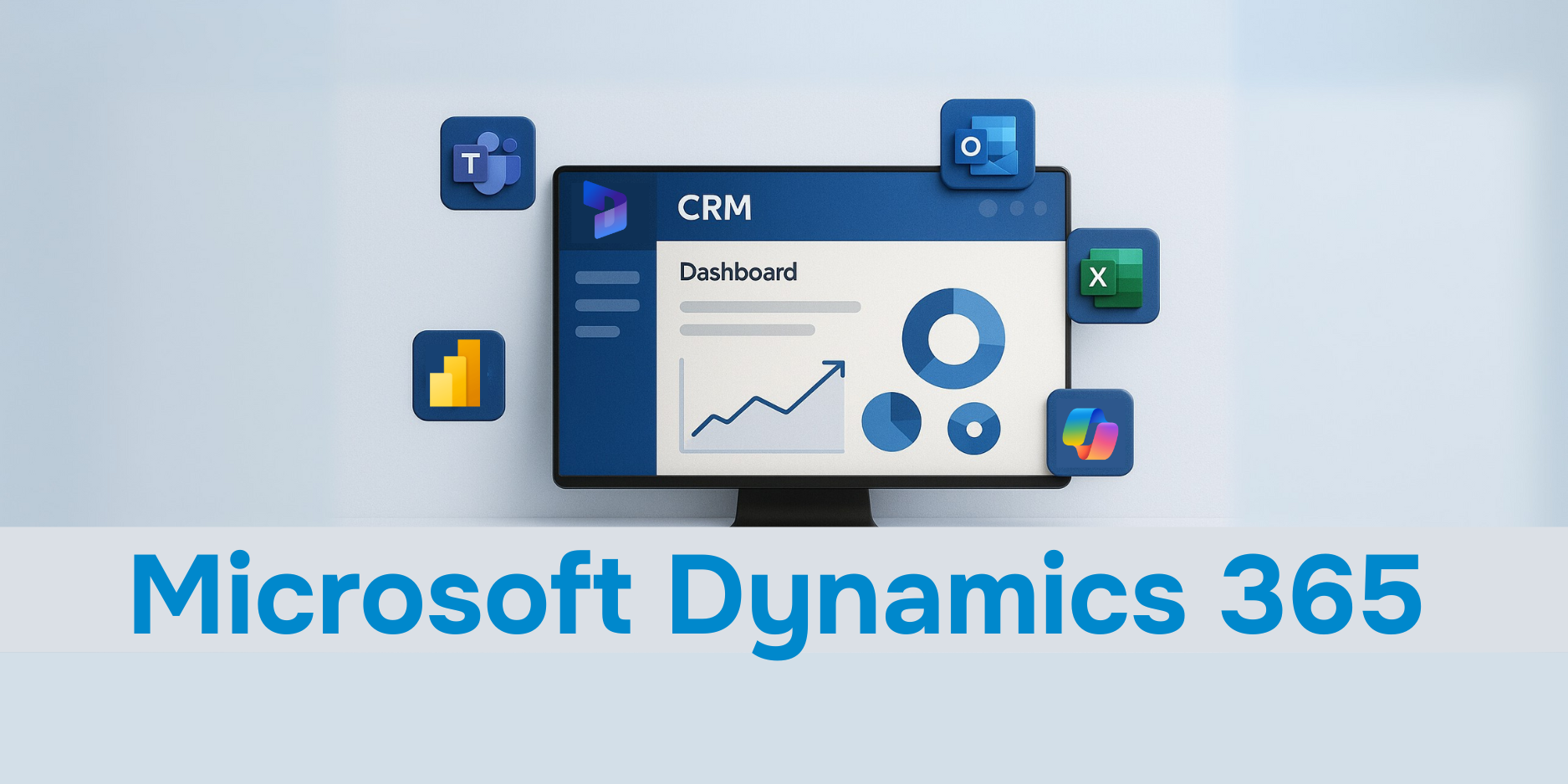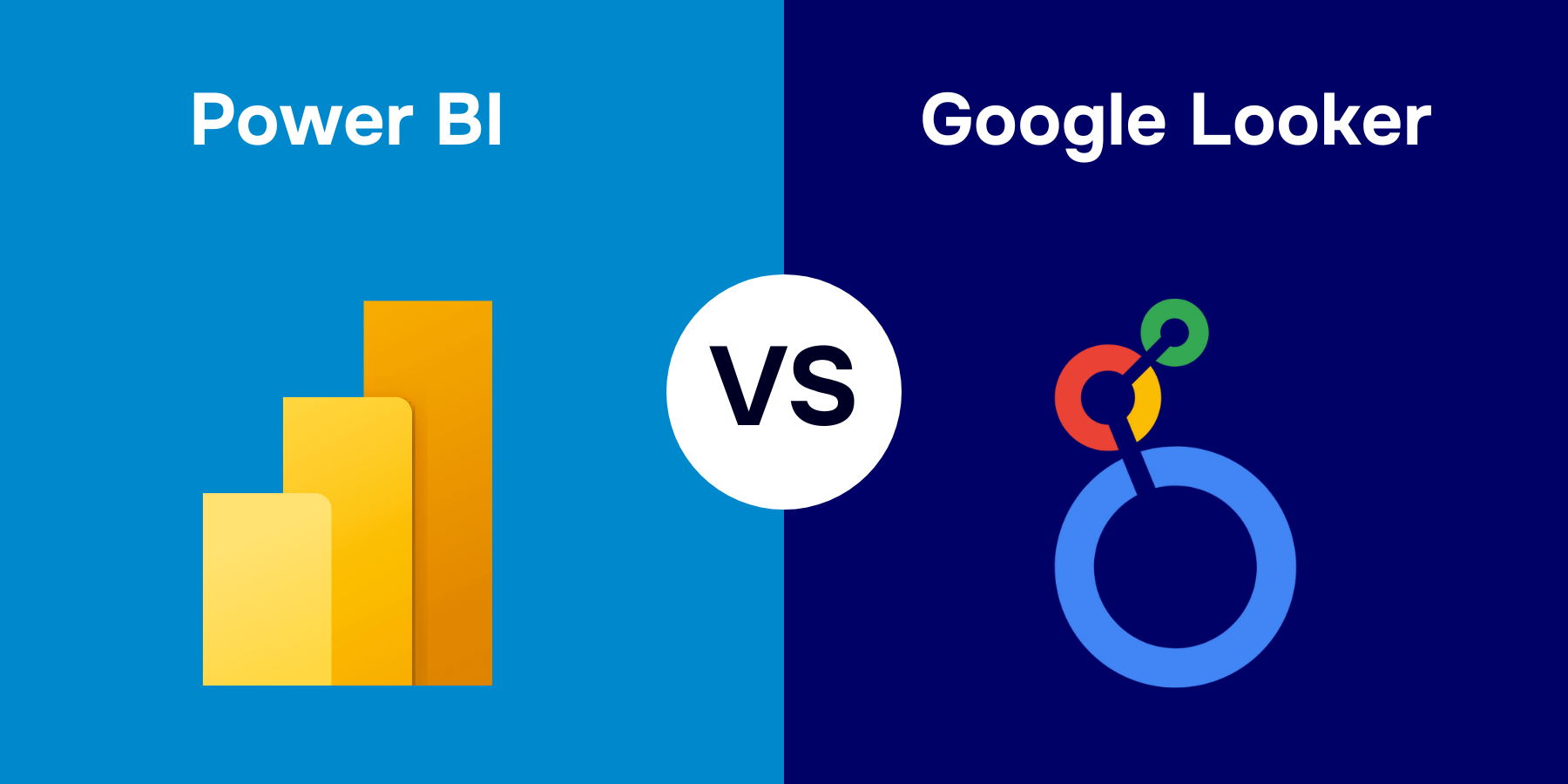How to Choose a CRM System for Your Business in 2025: Simple Tips for Success
Choosing a CRM system is a decision that significantly impacts your business's success. In 2025, companies have a wide range of CRM solutions, making it crucial to determine which one truly suits your needs. At Progresia, we offer CRM solutions based on Microsoft Dynamics 365 / Power Platform. But how can you tell if it's the right choice for you?
What Do You Expect from a CRM?
Before selecting a CRM system, it's essential to identify precisely what you want to automate or improve. Businesses typically look for the following benefits:










